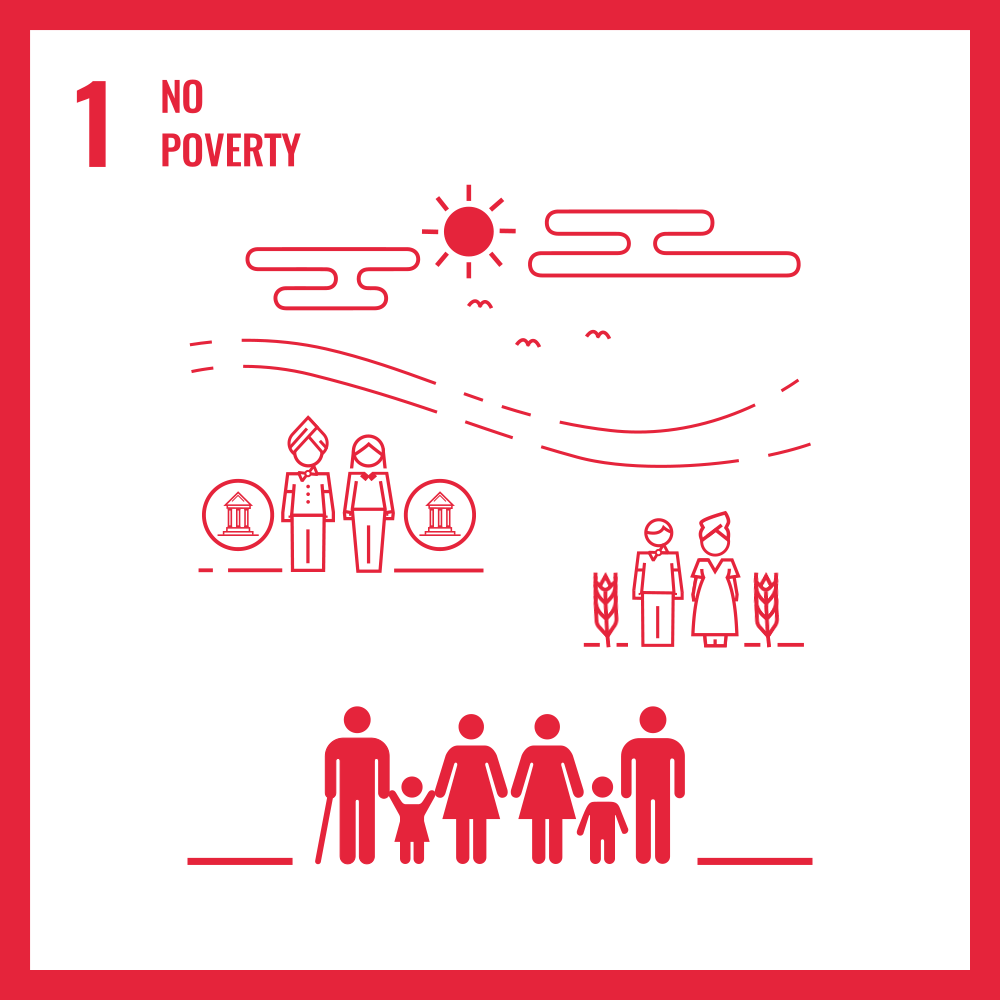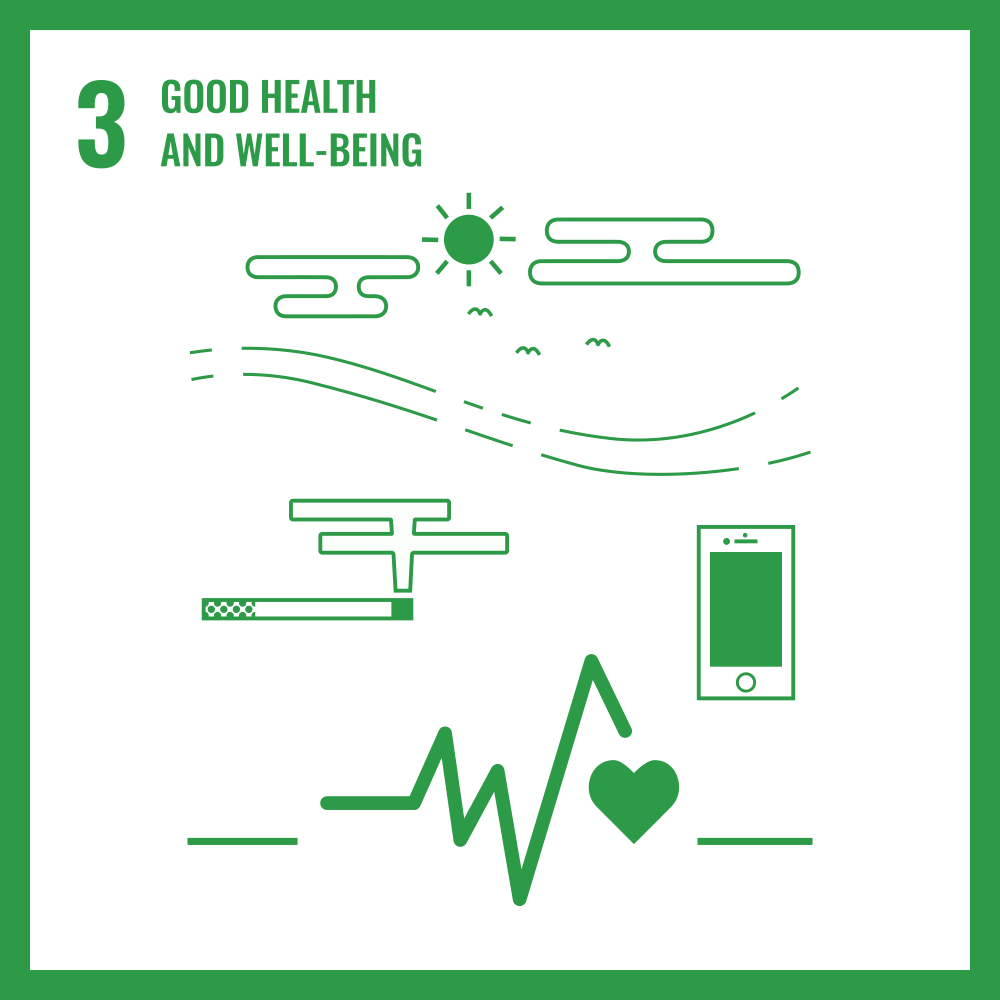Sawubona is a social enterprise with a beautiful collection of handcrafted homewares curated from different African countries with Fair Trade principles.
By buying a product, you will be directly providing an income to an African artisan and their family and this helps end the cycle of poverty and reduce dependency on foreign aid.
Meet the Founder
Esther Gathambo
I am confident in the power of community to transform society. Why? By collaborating and working together, we build stronger, more resilient communities like I have witnessed in my continent, Africa.
So, I grew up in a single-parent household with my mother as the primary caregiver during my earlier years. I have vivid memories of her relentless search for employment while I relied on the care of my grandmother, occasionally accompanied by aunts and cousins. Despite limited access to books, I cherished writing and reading, often asking my mother to print my poems when I visited her at the flower company where she worked as a secretary in Timau, Kenya.
Although life presented many challenges during those early years, I cherish the unwavering support we received from our extended family, which included my grandmother, cousins, and aunts.
Growing up in a predominantly matriarchal household, the powerful presence of my mother and grandmother shaped the person I am today. Driven by an entrepreneurial spirit, my mother left her receptionist job to pursue her business venture, refusing to rely on employment from someone else. Meanwhile, my grandmother diligently ran a small artisan and produce goods store in Nyahururu town's bustling open market for many years. Even in times of scarcity, I was taught the significance of community and its immeasurable supporters.
I became the first person in my family to attend university, and this milestone opened doors to a once-in-a-lifetime opportunity in New Zealand, where I have resided for the past five years and considered my home.
As a dreamer, influenced perhaps by my Pisces nature, I always knew my life would diverge from the path on which I was raised. My experiences in Kenya and here in New Zealand have fostered a deep love for humanity and a relentless drive to contribute meaningfully to society. Relocating to New Zealand opened my eyes to new privileges, motivating me to find ways to give back to my community.
Upon deep reflection, I aspired to create opportunities that harness the existing skills of individuals in my community. Fueled by a passion for African crafts and recollections of my grandmother’s crafts business, I recognised the potential for a positive impact. This realisation led me to establish a social enterprise, Sawubona, which is focused on promoting and empowering African artisans, envisioning a chance to uplift them and their families, preserve traditional crafts and art forms, foster thriving communities and make a meaningful difference in their lives.
Furthermore, the glaring presence of inequality and poverty deeply perplexes me because a mere 1% of the world's wealthiest individuals possess an astounding 44% of global wealth. It is these thoughts that ignited my passion for studying sustainability, intending to revolutionise supply chains, advocating for fair trade practices, and urging consumers to take into account the people behind the products they purchase—their livelihoods, the production process, and the potential impact on the lives of those who create them. This enthusiasm has greatly influenced my drive to nurture and expand Sawubona. I firmly believe there is a better way to conduct business and that business can be a powerful catalyst for positive change.
Through Sawubona, we have forged connections with Africans living in New Zealand and Kiwis and created a personal connection to the continent. To make that sense of home, we have curated products that evoke nostalgia for our homeland or for places our customers have previously visited, thus creating a sense of community and shared experiences.
This is not merely a story of improving livelihoods but also a story of community and a remembering of home.
Sustainable Development Goals
Goal 1: ‘End poverty in all its forms everywhere’
Goal 3: Good Health and Wellbeing.
We live and breathe our goals. We recognise that poverty is still a global threat and its even more severe in developing countries. UN says that an estimated 119-124 million people were pushed into extreme poverty in 2020 and even more will be pushed into poverty due to Climate change. We believe that it is through initiatives like this that make sure no one is left behind. In this case, families can fend for themselves and what a better way than through their own artisan skills.
This business was started out of the need to end the cycle of poverty in African countries and while there has been a lot of support from western countries through donations, this has not always been sustainable as it has created dependency that hinders people’s ability to fend for themselves. In the last 50 years, over US $1 Trillion in development related aid has been transferred from rich countries to Africa which has unfortunately not made people better of, instead it has encouraged corruption and conflict and discouraged free enterprise.
I believe that the best way to empower people to come out of poverty is by empowering who they are and the skills that they already possess. So what if instead, western countries still supported vulnerable communities but by buying their handmade goods? It's more empowering and a more sustainable solution to eradicate poverty. Plus the money goes directly to the artisans pocket rather than a corrupt politician.
Social and Environmental Stewardship
Artisans are encouraged to use natural materials and more so repurpose existing materials
The handcrafts are made to last a long time and this means that they do not end up in landfill
Compostable packaging for shipping
We are currently working on partnering with platforms that will enable us to offset carbon emissions through tree planting projects here in New Zealand and Kenya. This is something that we are still working on and will update once we have that sorted out.
We will publish a social impact report at the end of 2022.
As a business some of the outcomes we are aiming for are:
Provide quality and long-lasting homewares to our customers
Give African artisans access to international markets and thus a steady source of income.
Ensure that artisans are paid fair wages.
Provide training and employment opportunities to young unemployed Africans.
Promote and provide quality traditional and unique crafts from different countries and at the same time tell the stories of the people who made them.
Overall the biggest outcome being to improve the wellbeing and quality of life for African artisans, their families and communities and this could ripple over to more children going to school, access to good food and nutrition, access to medical care, access to sanitation, electricity and more.


